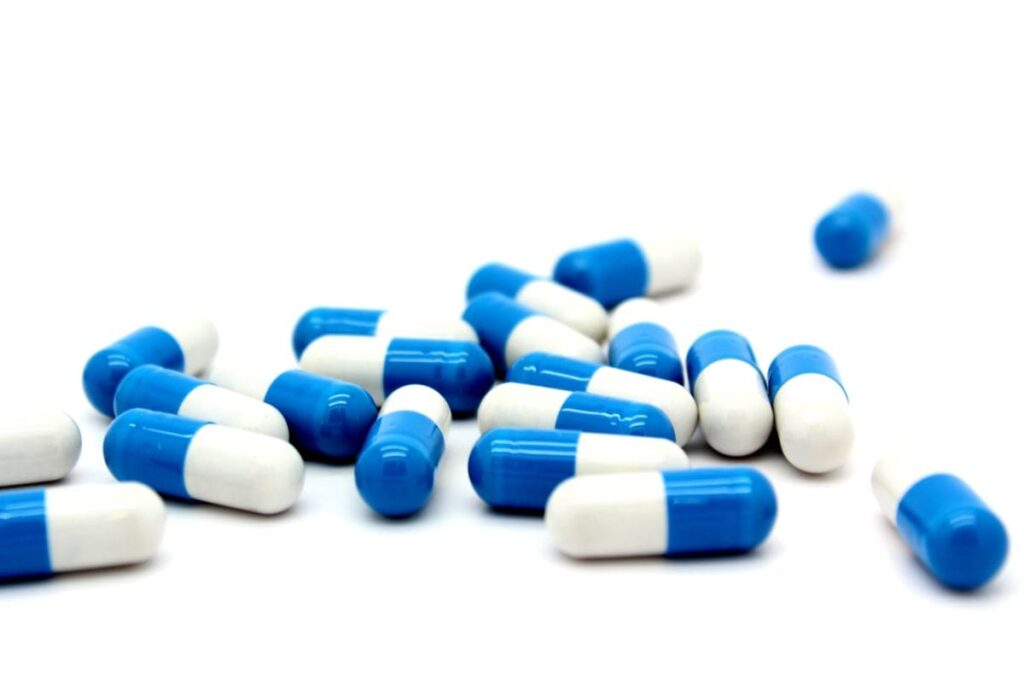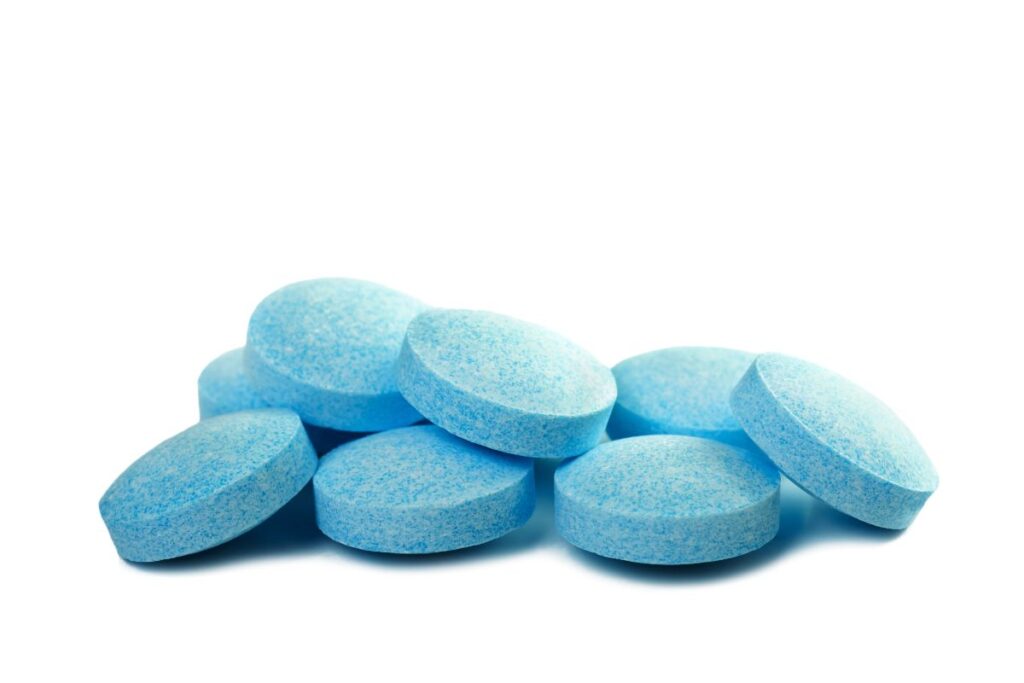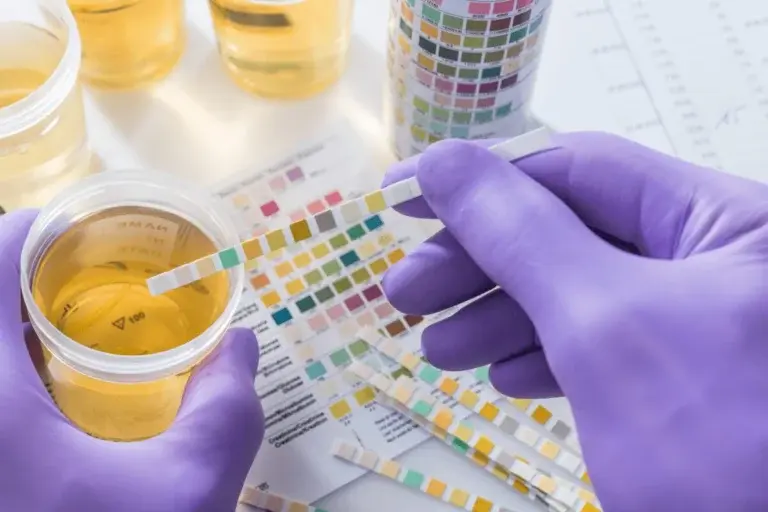Cocaine Addiction Treatment in Massachusetts
Medically Reviewed

Medically reviewed by Jack Maroney, MSHCA, LADC1
Written by Lake Ave Recovery Staff
Updated on June 11, 2024
It is difficult to overstate the degree of devastation that untreated cocaine addiction can cause in a person’s life. But when an individual makes the courageous decision to seek cocaine addiction treatment in Massachusetts at Lake Avenue Recovery, they can take significant strides toward a much healthier and more hopeful future.
Learn more about our drug rehab programs in Massachusetts or call us now at (508)794-4400.
What is Cocaine?
Cocaine is a powerful central nervous system (CNS) stimulant. It is derived from the coca plant, and it typically appears in the following two forms:
- A white powder that can be inhaled through the nose or dissolved into a solution and injected
- Small crystalline rocks that are usually ingested by heating them and breathing in the smoke
People have used cocaine for hundreds of years. In the late 1800s and early 1900s, it began to be incorporated into medical procedures, primarily as an anesthetic. However, as experts began to understand cocaine’s addictive properties — and as more effective anesthetics were developed – this practice eventually stopped.
Unfortunately, the many potential dangers of cocaine have not ended its use among people who are seeking a certain type of recreational high. The National Institute on Drug Abuse (NIDA) has reported the following about the current scope of cocaine use in the United States:
- Experts estimate that about 4.8 million Americans (or 1.7% of the population aged 12 and above) have used cocaine at least once in the previous 12 months.
- About 30% of those who used the drug in the last year (or about 1.4 million people) developed cocaine use disorder, which is the clinical term for cocaine addiction.
- In 2021, cocaine use was a factor in almost 25,000 overdose deaths.
You are not alone. You deserve to get help.
Lake Avenue Recovery is an industry leader in addiction treatment in Massachusetts. Our team of top medical experts specialize in dual diagnosis treatment and are committed to ensuring that each patient is treated as an individual. Call us today, we’re available 24/7.
How Does Cocaine Addiction Treatment in Massachusetts Work?
At the Day Treatment level, a person may take part in treatment five days per week, six hours per day, for a weekly total of about 30 hours of care. This program may be ideal for people who need a high level of treatment, but whose struggles with cocaine are not severe enough to warrant round-the-clock care.
Our intensive outpatient program and our evening IOP both offer about three hours of care per treatment day. Participants may attend sessions a few days each week. This schedule provides a structured connection to superior clinical services, while also giving participants the opportunity to work part-time, attend classes, and engage in other productive activities when treatment is not in session.
Our outpatient program offers the greatest degree of flexibility. Patients may schedule sessions at the frequency that is best for them. This program can be an ideal source of ongoing support as people progress in their recovery.
There is no single treatment path that works for everyone. Some people begin with our Day Treatment, then transition into our IOP and OP for step-down support. Others only receive care at one level. We make all treatment-related decisions and recommendations according to what is best for each person who seeks cocaine addiction treatment in Massachusetts.
Signs and Symptoms of Cocaine Addiction
Addiction is characterized by powerful compulsions and a diminished ability to control one’s thoughts and actions. Not everyone is impacted in the same way, but someone who becomes addicted to cocaine may exhibit signs and symptoms such as:
- Being unable to resist cocaine-related urges and cravings
- Devoting considerable amounts of time to cocaine (which can include seeking, acquiring, and using the drug, as well as recovering from its effects)
- Prioritizing cocaine use over school, work, relationships, and other responsibilities
- Arguing with and/or lying to loved ones about how much cocaine they have been using and how often they use the drug
- Using cocaine in ways that are particularly hazardous, such as combining it with other drugs
- Continuing to use cocaine even after experiencing physical harm, legal problems, or other negative outcomes due to prior use
- Becoming agitated or irritated when they cannot acquire and use cocaine
- Requiring more cocaine in order to experience the effects that they could previously attain through much smaller doses
- Wanting to end their cocaine use, but finding it impossible to do so
A
Effects of Cocaine on Your Body
Cocaine abuse and addiction can have a devastating impact on virtually every part of a person’s life. The potential physical effects of cocaine include:
- Headaches
- Increased body temperature
- Heart problems, including an elevated risk of heart attack
- Hypertension (high blood pressure)
- Damage to the respiratory system
- Gastrointestinal distress
- Sexual dysfunction
- Seizures
- Stroke
- Death
Effects of Cocaine on Your Brain
In addition to causing the physical damage that we listed in the previous section, cocaine can also be a source of considerable psychological distress. The negative impact of cocaine use on the brain can include:
- Diminished cognition
- Memory problems
- Difficulty focusing and concentrating
- Poor judgment
- Dramatic mood swings
- Anxiety
- Depression
- Panic
- Paranoia
- Delusions
A
How Long Does Cocaine Stay in Your System?
Research indicates that cocaine is usually eliminated from your system in a matter of a few hours – though that timeline can be extended among people who have a history of chronic cocaine abuse.
However, it is important to remember that drug screens that test for cocaine don’t need to detect the actual drug. Certain metabolites that are specific to cocaine will remain in your system after the cocaine has been eliminated. A screen that identifies these metabolites will return a positive result for cocaine.
Depending on a variety of personal factors – including a person’s age, metabolism, and history of cocaine abuse – they may test positive on a saliva or blood test for up to two days after their last dose. Urine tests can usually detect cocaine use for three to four days after a person has used the drug, while hair follicle tests may find evidence of cocaine ingestion as long as three months after a person’s most recent use.
How is Cocaine Addiction Treated?
For cocaine addiction treatment to be most effective, it must address the full scope of each person’s unique needs. This means that treatment plans can vary considerably from one person to the next. Factors such as age, gender, treatment history, extent of cocaine use, and presence of co-occurring mental health conditions can influence what types of care are best for each person.
Depending on these concerns, plus which level of care a person is in, their cocaine addiction treatment in Massachusetts at our center may include elements such as:
- Medication management services
- Individual Therapy
- Group Therapy
- Cognitive behavioral therapy (CBT)
- Trauma-informed therapy
- Rational emotive therapy (RET)
- Meditation and mindfulness
- Holistic Therapy
- Therapeutic massage
- Ego-modifying therapy
- Social skills therapy
- Experiential therapies
- Dialectical Behavioral Therapy
- Trauma Therapy
- Adventure Therapy
What to Expect At Our Cocaine Addiction Treatment Program in Massachusetts
At Lake Avenue Recovery in Massachusetts, cocaine addiction treatment is a personalized experience. However, everyone who begins their recovery journey with us can expect to benefit from certain fundamental features of our programming, such as:
- You will be in a safe and supportive place: Untreated addiction puts you in perpetual danger. At our cocaine addiction treatment center in Massachusetts, you will be in a safe space, surrounded by people who truly care about you and who will treat you with the respect you deserve.
- You will follow a customized treatment plan: We understand that every person who receives care at our center has a unique set of needs and goals, and we are committed to providing you with the personalized services you need to achieve improved health and long-term recovery.
- You will work with a team of skilled professionals: The experts who provide care at our center bring a wealth of experience to their roles. They will work closely with you to help you identify your immediate and long-term goals, then deliver the personalized services that will help you achieve these objectives.
- You will play an active role in your care: The members of your treatment team will encourage you to ask questions, voice concerns, and participate in treatment-related decisions, so that you can take ownership of your recovery.
- You will develop skills that can yield lifelong benefits: The time you spend in treatment at Lake Avenue Recovery Center will be relatively brief. But the skills and abilities you develop here will help you maintain your health and progress in your recovery for years to come.
Find Cocaine Addiction Treatment Today
Lake Avenue Recovery is a trusted provider of personalized cocaine addiction treatment in Massachusetts. Our center offers multiple outpatient options for adults whose lives have been disrupted by compulsive cocaine use, as well as for those whose struggles with cocaine are accompanied by certain co-occurring mental health disorders.
If you or someone that you care about have become dependent on cocaine, the Lake Avenue Recovery team is here to help. To learn more about our programs and services or to schedule a free assessment, please either visit our Contact Us page or call us today.
More On Cocaine Addiction
Learn more About our Treatment Options
How Long Does Vyvanse Stay In Your System?
Vyvanse is a prescription medication often used to treat ADHD and binge...
Feening For Drugs: What Does It Mean?
If you’ve ever heard someone say they’re "feening for drugs," they’re talking...
What is Blue Xanax?
Blue Xanax is a prescription medication used to treat anxiety and panic...
The Dangers of Effexor
Effexor (venlafaxine) is a widely used antidepressant that helps treat depression, anxiety,...
Mental Health Statistics in Massachusetts: Facts & How to Get Help
If you or someone you know is struggling with mental health, you’re...
How Long Does Alcohol Stay in Urine?
Key Takeaways Alcohol can be detected in urine for up to 12...
Instant Insurance Verification
Same-Day Clinical Assessment
Free &
Confidential
Start Your Journey to Recovery Call Now.
We have a longstanding foundation in the treatment and recovery community
Lake Avenue Recovery is a state licensed and Joint Commission accredited organization committed to promoting, maintaining, and restoring the dignity, well-being and mental health for those with substance use disorders and their families serving Massachusetts and beyond.
- 132 Years Clinical Excellence
- 105 Years Recovery Experience
- 8:1 Ratio Client to Staff
- 12 Publications on Alcohol and Drug Use






